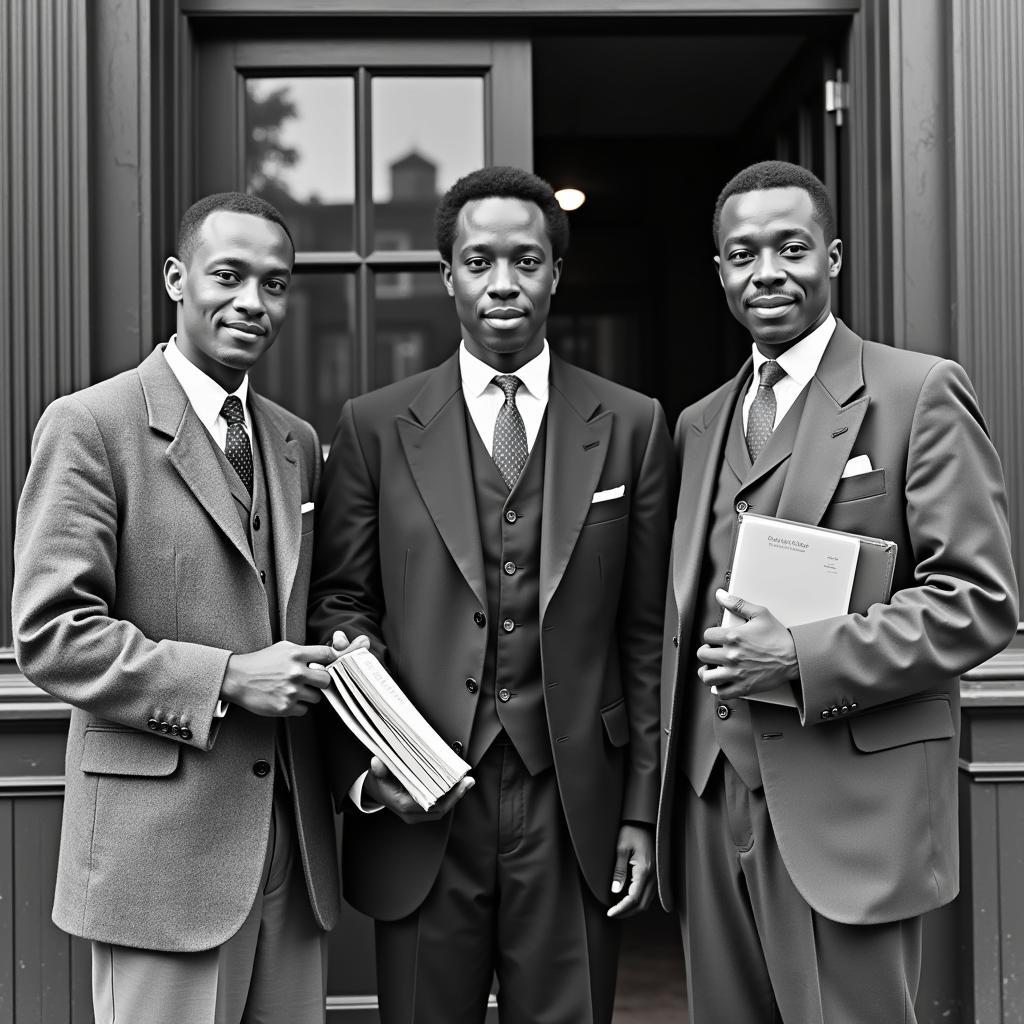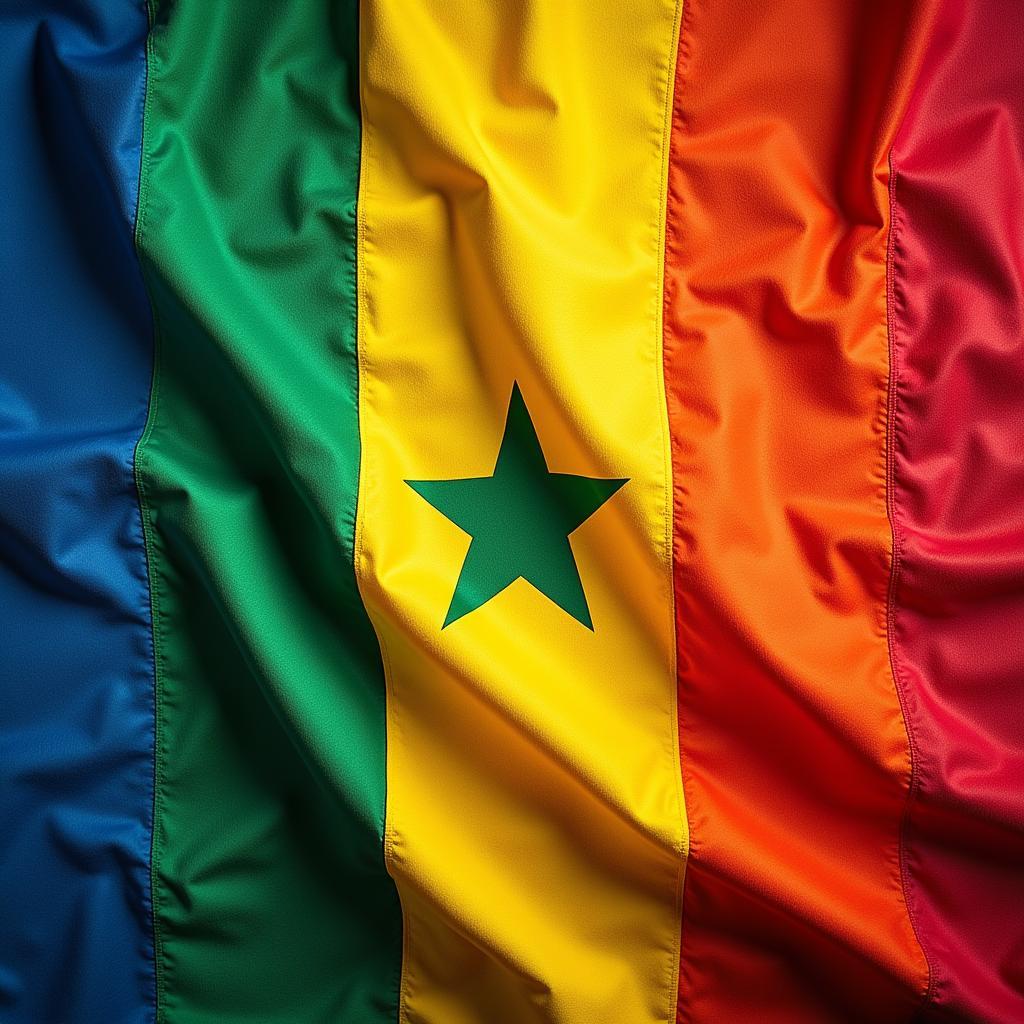African American Superman: Exploring the Black Experience Through a Superhero Lens
The term “African American Superman” might seem like a paradox, an oxymoron even. After all, the Man of Steel, the epitome of strength and power, is often associated with a specific, white, American identity. Yet, the concept of an “African American Superman” resonates with a deeper meaning – it speaks to the power, resilience, and unwavering spirit of Black people in the face of adversity.
This idea transcends the realm of fiction and delves into the rich history and multifaceted experiences of Black Americans. It explores the enduring themes of identity, empowerment, and the fight for justice and equality that have been central to the African American experience for centuries.
The Power of Representation
The absence of Black superheroes in mainstream comics for decades, and the stereotypical portrayals of Black characters when they were included, contributed to a sense of invisibility and underrepresentation. However, in recent years, a shift has begun to occur. The emergence of characters like Black Panther, Miles Morales, and Static Shock has shattered the traditional narrative and opened doors for diverse perspectives.
This change in representation is crucial. It allows Black children, and people of color in general, to see themselves reflected in heroes they admire, inspiring them to dream big and believe in their potential.
“The importance of representation cannot be overstated,” says Dr. Anya Johnson, a leading scholar in African American literature and culture. “Seeing yourself reflected in a character who is strong, powerful, and capable of achieving great things can be a transformative experience, particularly for children and young adults.”
Beyond the Cape and Tights: The Real-Life Superheroes
The “African American Superman” transcends the fictional realm and finds its embodiment in real-life individuals who have made significant contributions to society. These are the heroes who have fought against oppression, challenged societal norms, and paved the way for future generations.
Think of Rosa Parks, a seamstress who refused to give up her seat on a bus to a white man, sparking the Montgomery Bus Boycott and igniting the Civil Rights Movement. Or consider Martin Luther King Jr., a visionary leader whose powerful words and unwavering belief in equality inspired millions to stand up for justice.
These individuals, and countless others like them, embody the strength, courage, and determination that define the “African American Superman.” They are the real-life heroes who have fought for a better future, demonstrating that power can come in many forms, not just capes and tights.
The Ongoing Struggle for Justice and Equality
While progress has been made, the fight for justice and equality for Black Americans is far from over. Systemic racism, police brutality, and economic inequality continue to plague Black communities.
This ongoing struggle highlights the continued need for heroes, both fictional and real, who can inspire hope and galvanize action. The “African American Superman” represents a call for continued vigilance, a reminder that the fight for a more just and equitable society must persist.
Embracing the Legacy of Resistance
The “African American Superman” isn’t just about fictional characters or historical figures; it’s about a legacy of resilience and resistance that has shaped the African American experience. It’s about embracing the cultural richness, creativity, and strength that have emerged from centuries of struggle.
From the blues and jazz music that expressed pain and joy, to the vibrant art and literature that captured the essence of the Black experience, to the unwavering spirit of community that has sustained generations, the “African American Superman” is a testament to the enduring power of the Black spirit.
Conclusion
The “African American Superman” is more than just a metaphor; it’s a powerful symbol of the Black experience. It represents the resilience, strength, and unwavering spirit of Black people in the face of adversity. This concept inspires us to recognize the heroes in our midst, both fictional and real, and to continue fighting for a world where justice and equality are the norm.



